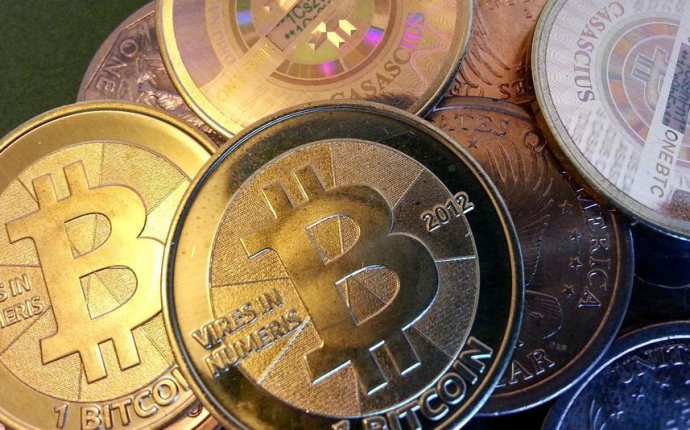
How to make money trading bitcoins?
Many people who get hooked on digital currency become so passionate about the subject that they want to change their entire career to work in this industry. Of course there are many different ways you can go about doing that, but one of the most accessible and profitable career choices is to set yourself up as a Bitcoin broker.
Becoming a broker does require you to have some capital behind you, but if you are willing to start small in your spare time and build your business up gradually this shouldn’t be a stumbling block for most people – if you have enough to buy or sell a bitcoin or two for your first trade then this may well be enough to get started. Of course if you have more than that, then things will be a lot easier for you.
The Risks of Being a Bitcoin Broker
There are three main risks associated with becoming a Bitcoin broker: the risk of being scammed, the risk of breaking the law or contravening regulations and getting prosecuted, and the risk of losing money due to fluctuating exchange rates.
Compliance: Do You Need a License to be Bitcoin Broker?
Whether or not you need to obtain a license to legally operate as a bitcoin broker is something of a disputed question. It will also depend on the legal jurisdiction in which you are operating (which includes the location of your clients as well as your own). The safest course of action for anybody considering getting into this business is to consult a legal adviser who can give you expert guidance.
If you live in the United States, for example, it is usually recommended that you obtain a ‘Money Transmitter License’, but with little legal precedent and regulators in individual states taking differing positions, the situation is still unclear. In many other countries, such as the UK for example, the situation is even less clear, as the government is taking a ‘wait and see approach’ to regulation; this usually means that people do not bother to get a license.
Being licensed usually means that you need to comply with certain requirements, such as taking the personal details of clients and keeping records for a certain amount of time.
Even in countries like the US where certain authorities state that digital currency brokerages do need a license, many trades take places on peer-to-peer websites; since ordinary users are free to buy and sell coins without registering as a business, this creates a blurred line for solo traders who are just testing the waters to get started – at which point do you cross the line from being a regular user buying and selling with other users, to becoming a brokerage business that needs to be registered? There is no hard and fast answer to questions like that and you will have to determine for yourself whether your activities may have crossed this blurred line and what your appetite for risking prosecution and fines may be.
Don’t Get Scammed
Scammers do target brokers and you need to take this into consideration. When you take payment using a method through which payments can be reversed or cancelled, and in return for Bitcoins whose transactions cannot be reversed, you are taking a risk. A customer may try to reverse a payment themselves in order to get free coins (which you can usually challenge) or they may be a criminal who pays you with a hacked account, in which case the payment processor themselves may reverse it.
To mitigate against this you need to be well versed in the policies for each of the payment methods you choose to accept and make sure that your prices reflect the comparative risk that you are taking. You can also reduce your risk by requiring ID verification from customers.
Reducing Currency Risk
A broker is often ready to either buy or sell at any time, taking a profit from the difference between bid and ask prices. This does mean, however, than you risk losing money if the price changes significantly. For example, if you buy Bitcoin with the intention of selling it, then the price falls by 20%, then it is highly unlikely that you will be able to sell it without taking a loss.
There is no way to mitigate against this 100%, so you need to make sure you are making enough profit to cover potential losses. But you can reduce the risk in the following ways:
- Reduce your trade volume or even stop trading during periods of high volatility.
- Identify trends: If you think the price is falling then reduce your buy orders or place them further from the going rate.









